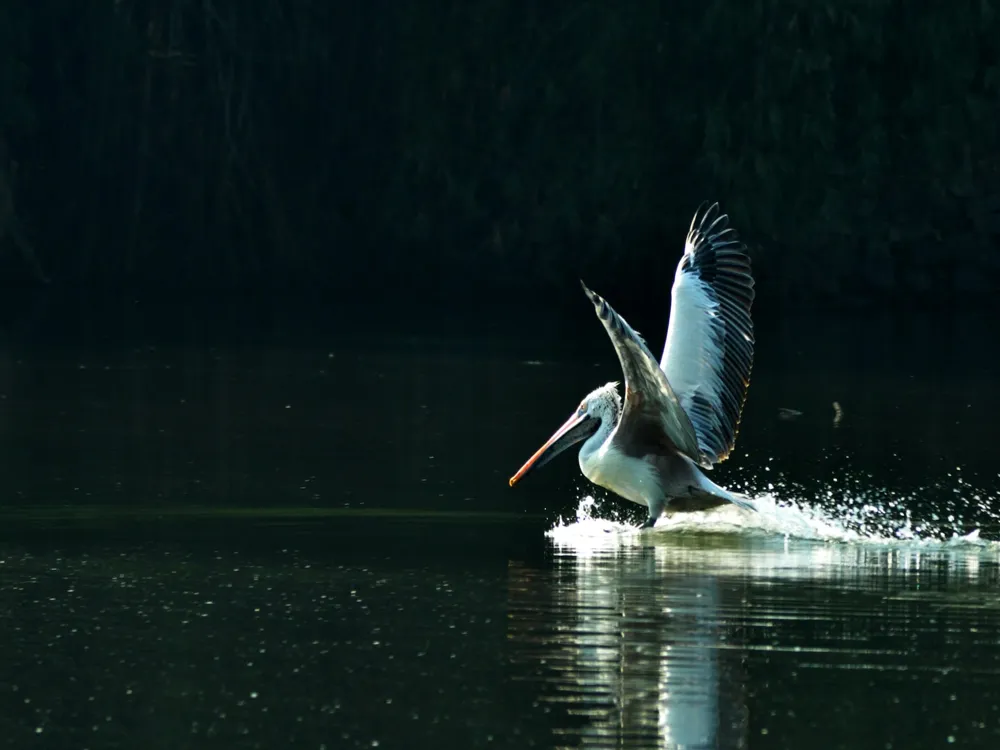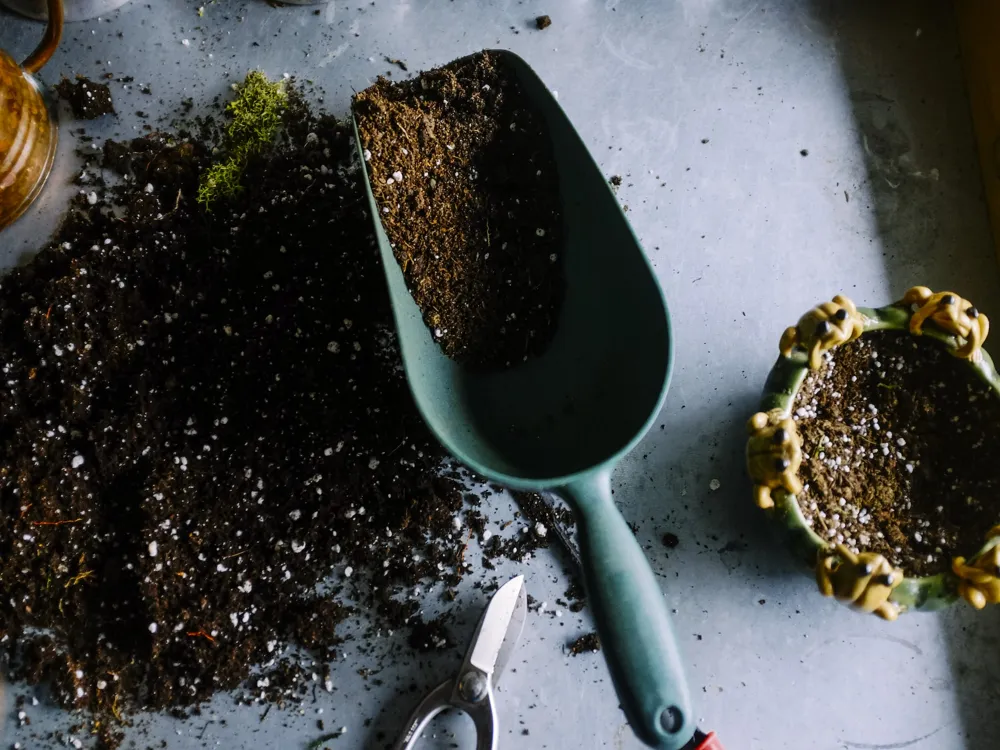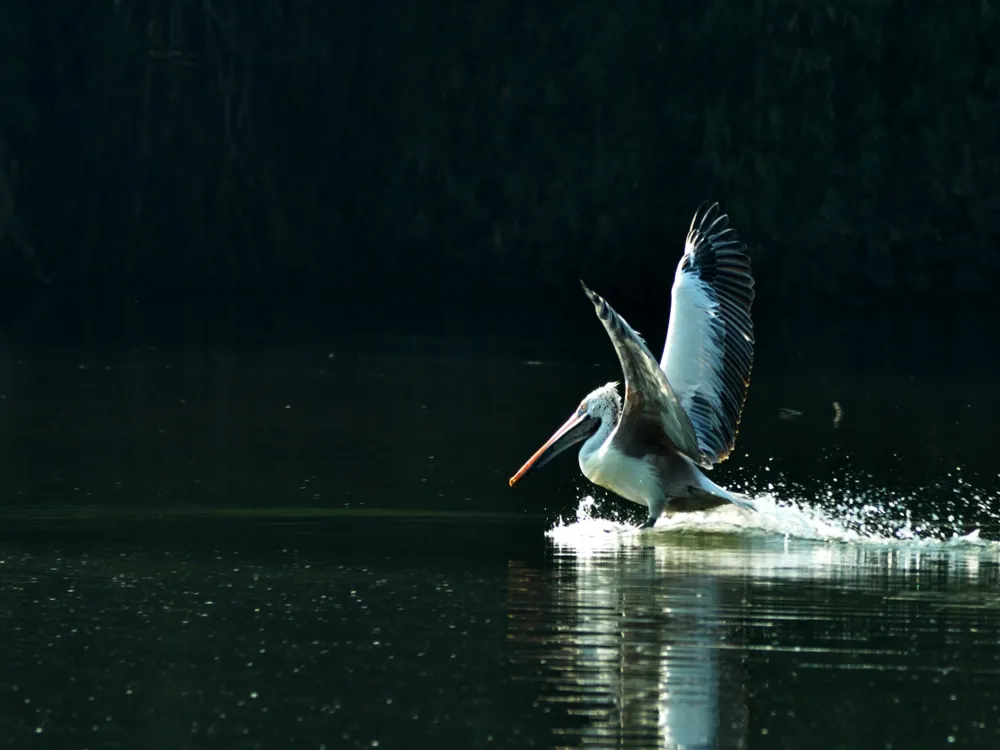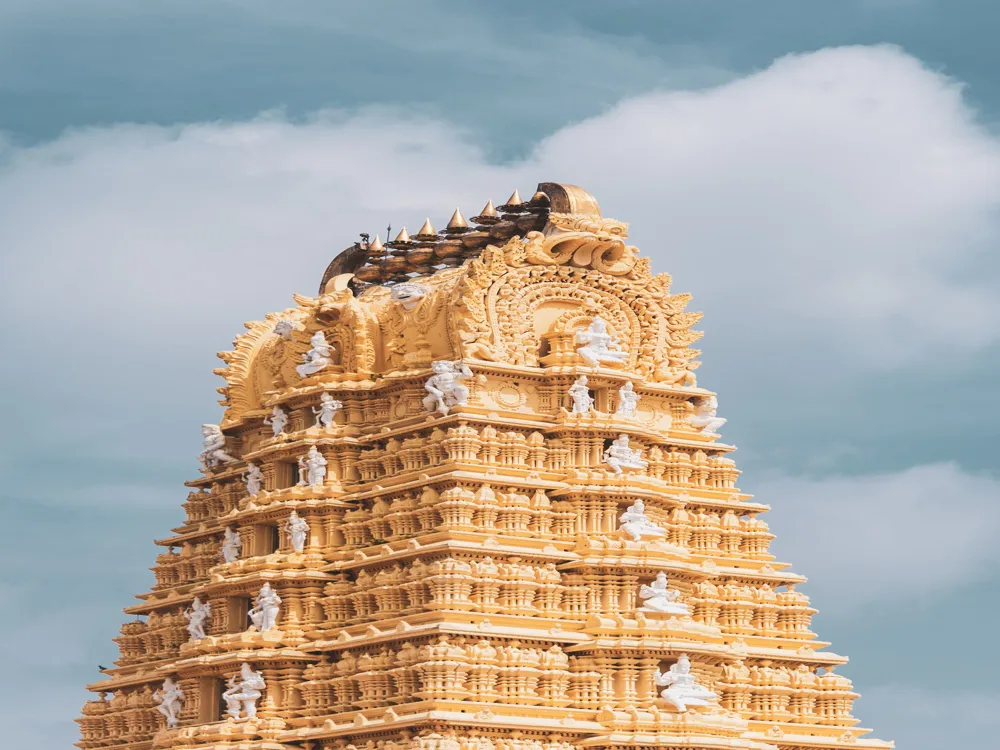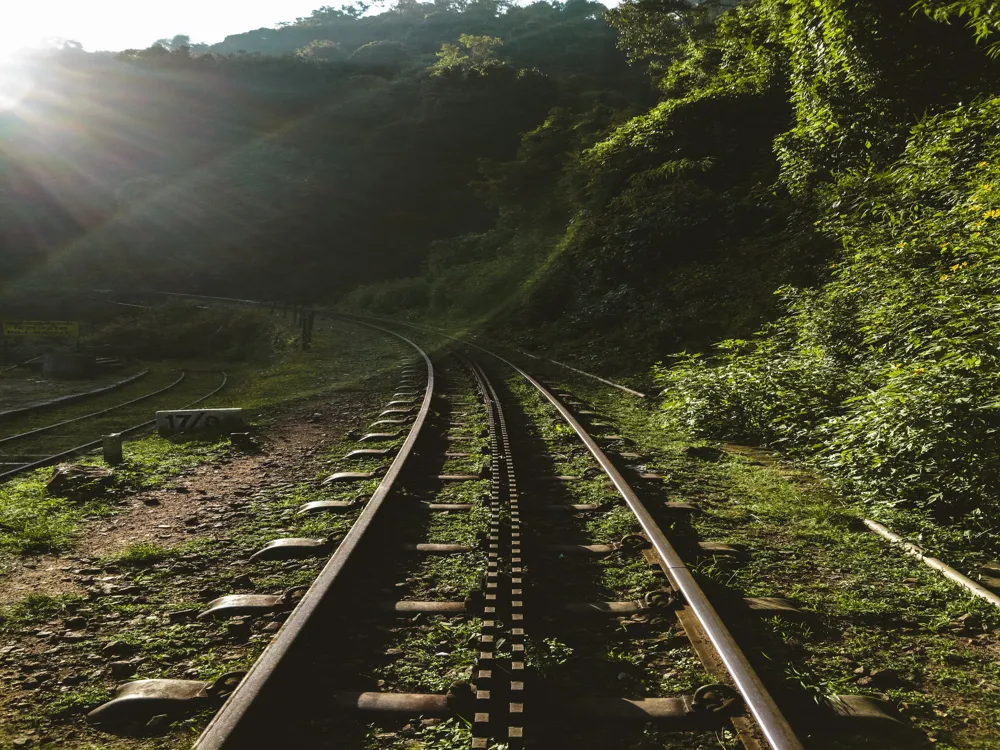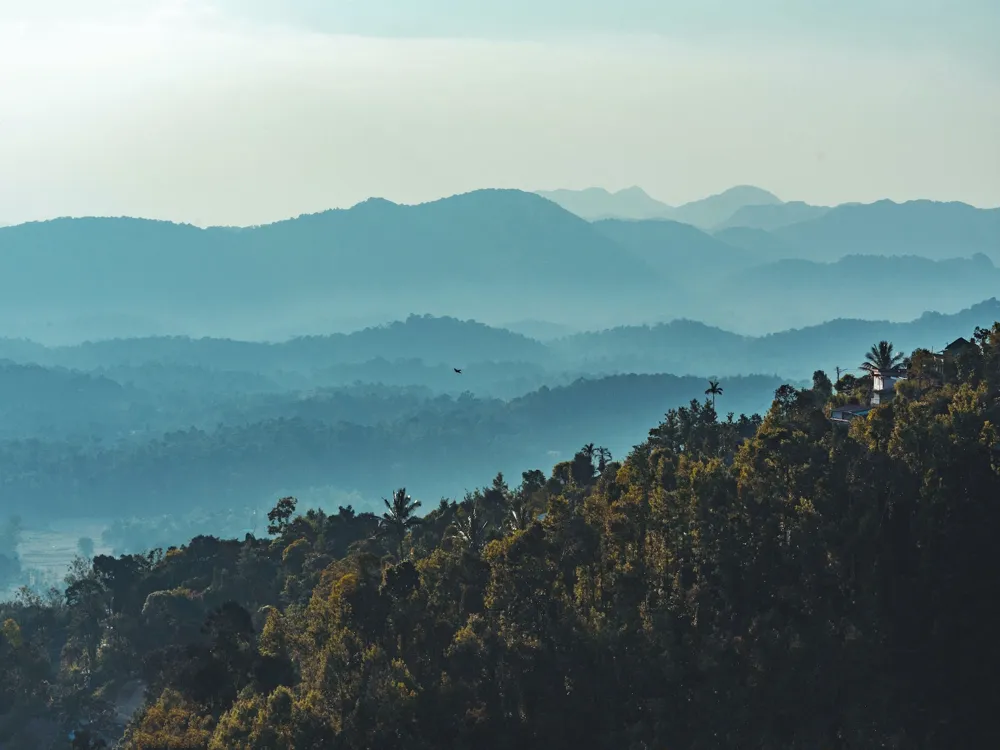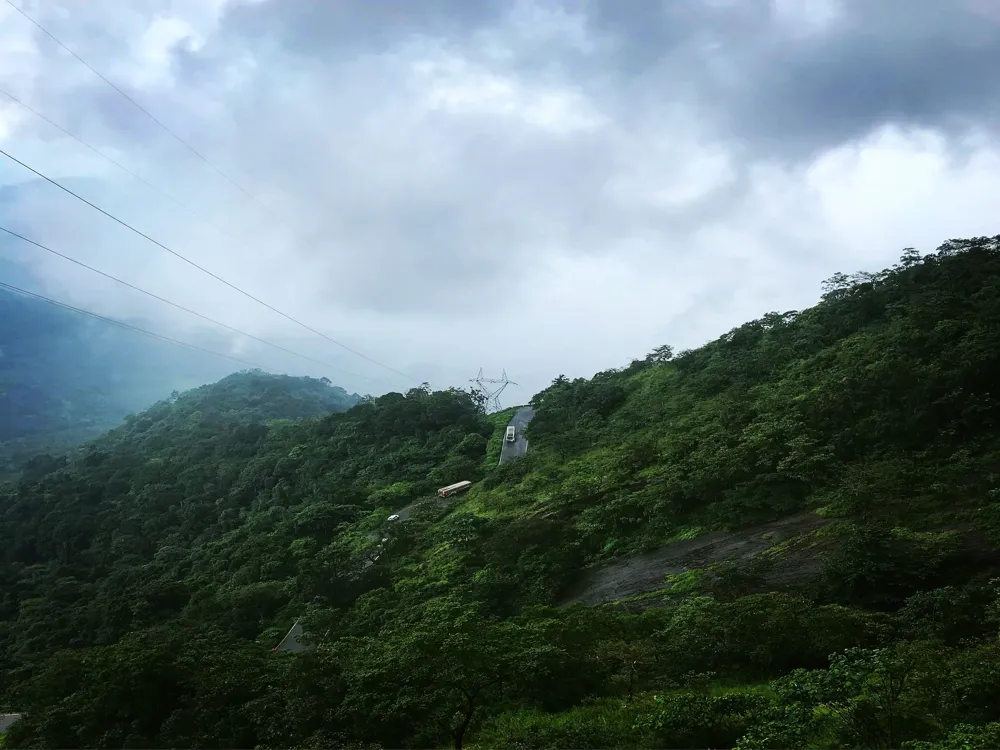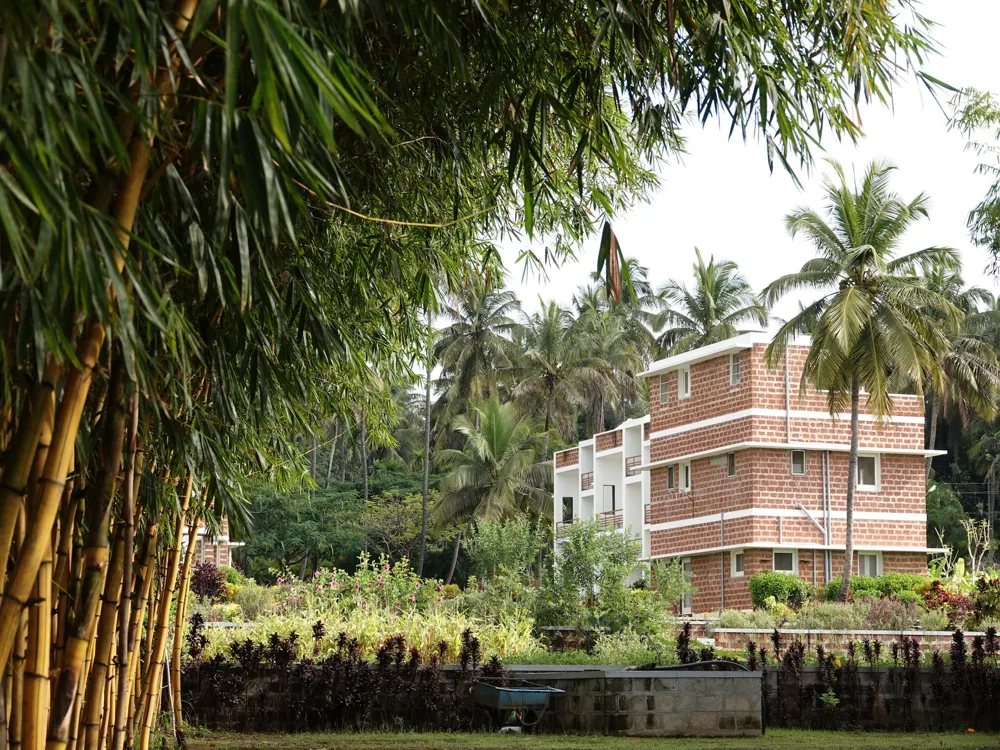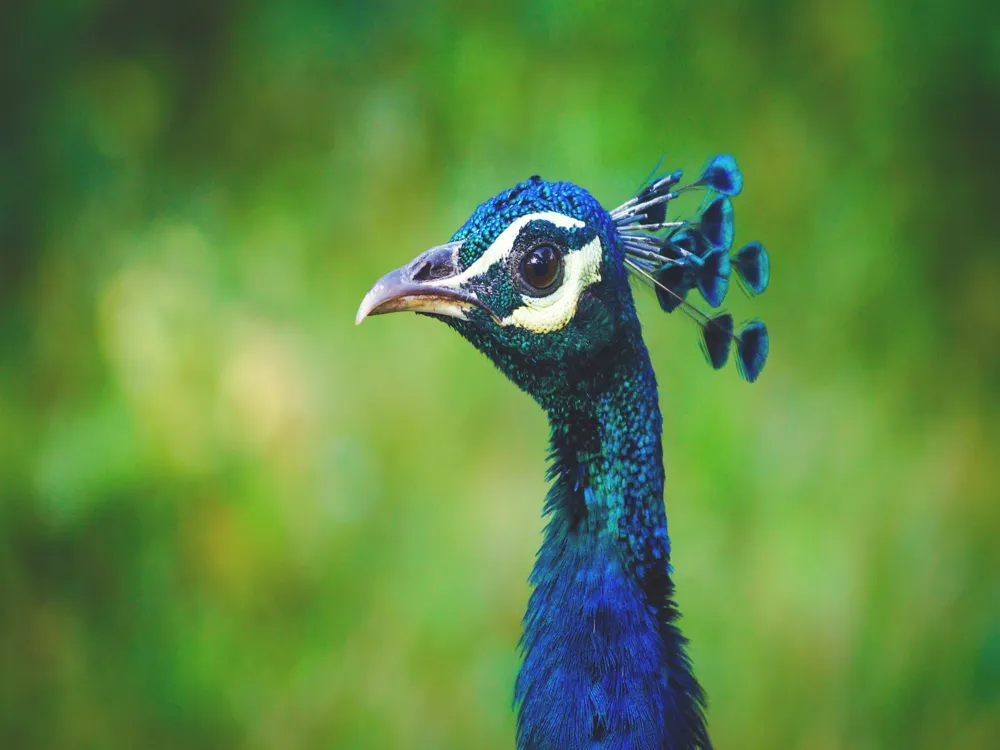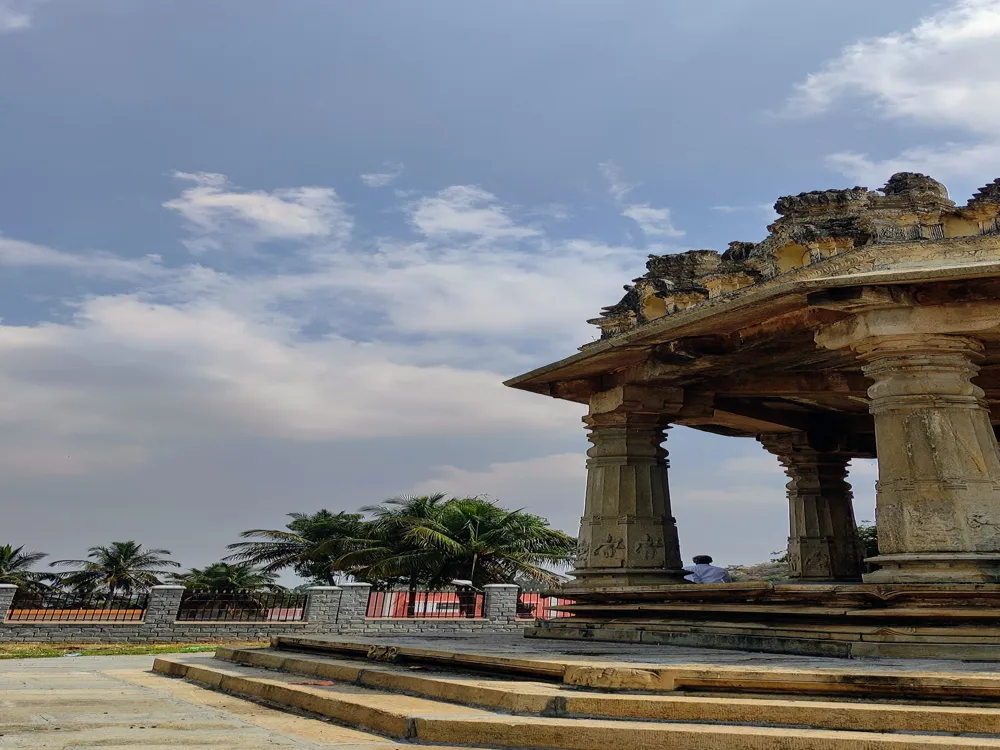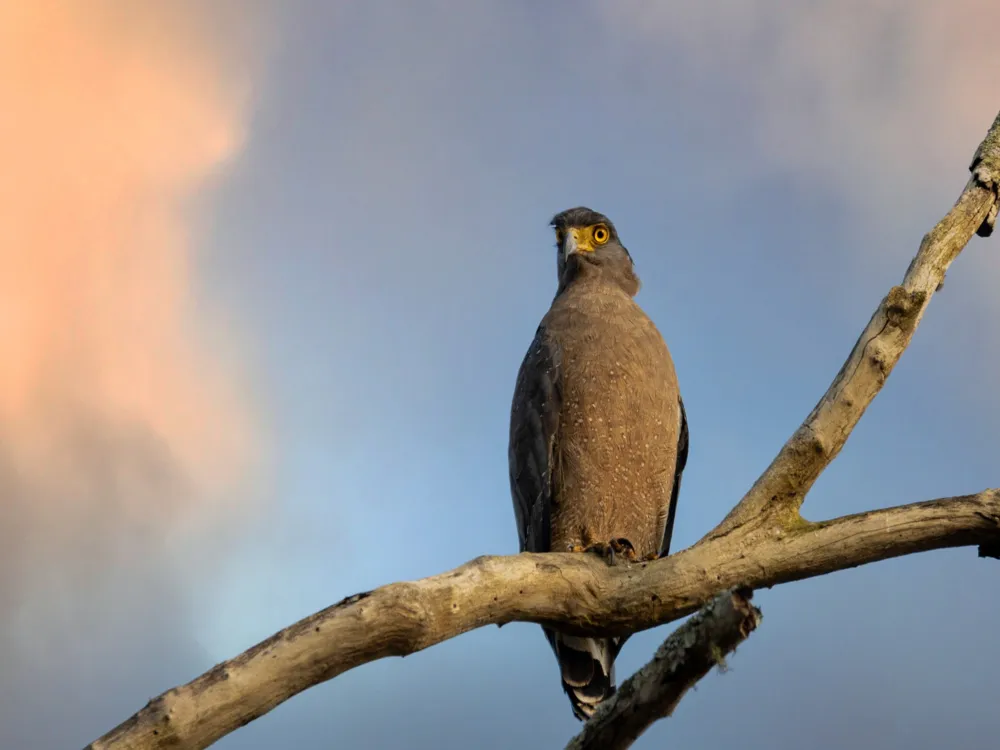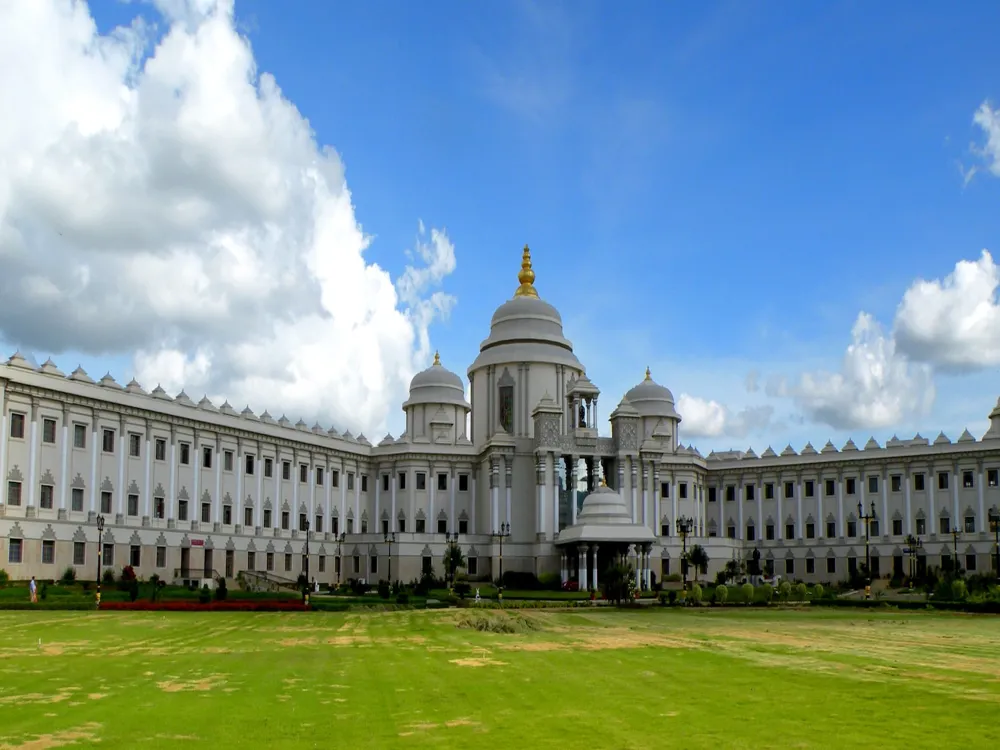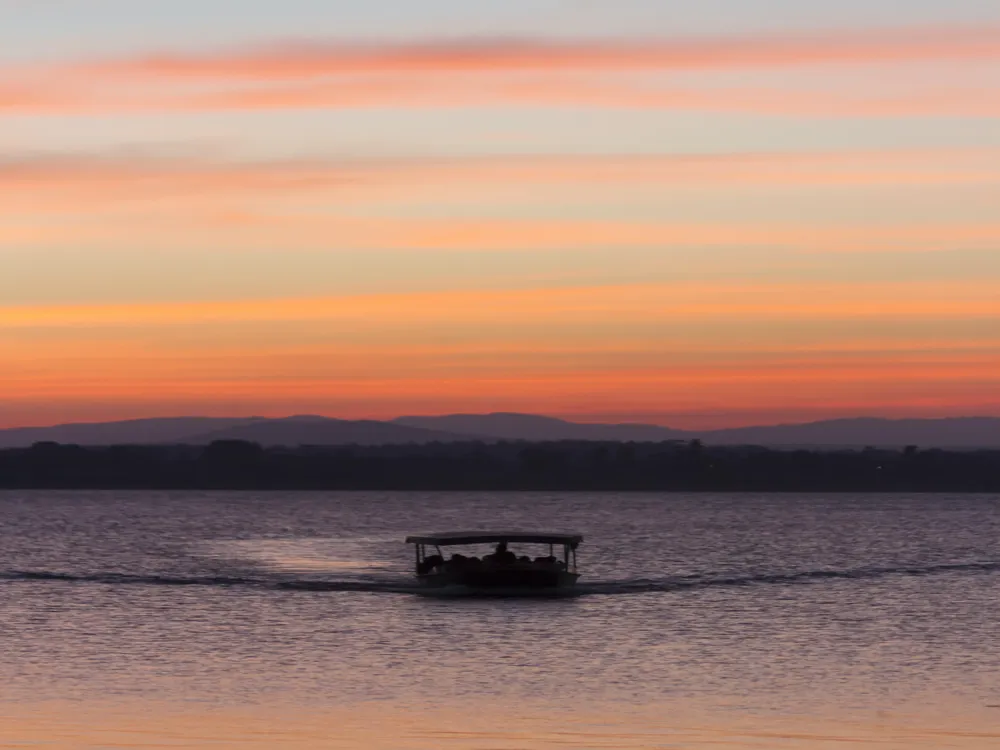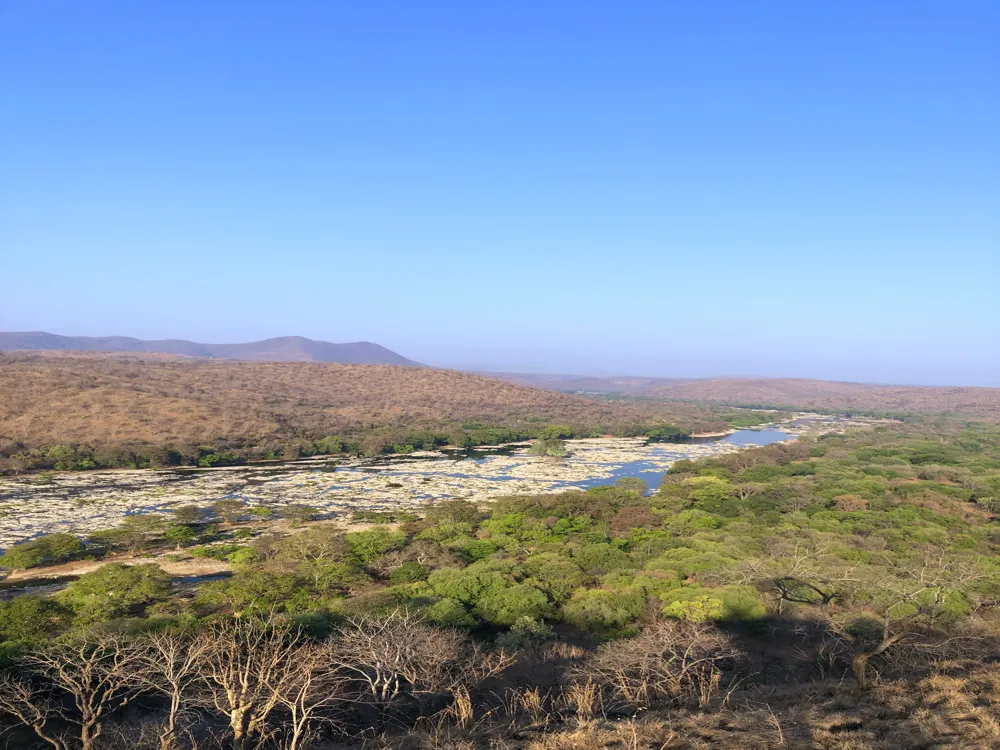Masinagudi, a quaint and picturesque town in the Mysore district of Karnataka, India, is a hidden gem nestled in the lush foothills of the Nilgiri Hills. Known for its rich biodiversity and as a haven for wildlife enthusiasts, Masinagudi forms a part of the Mudumalai National Park. The town's strategic location at the border of Tamil Nadu and Karnataka makes it a unique blend of cultures and traditions. Masinagudi's dense forests, teeming with exotic flora and fauna, attract nature lovers, photographers, and adventurers from all over the world. The history of Masinagudi is as intriguing as its landscape. Historically, this region was an integral part of the Vijayanagara Empire and later came under the rule of the Wodeyar dynasty of Mysore. This rich historical past is reflected in the various architectural marvels and cultural landmarks scattered throughout the area. Masinagudi is not just about its natural beauty; it also offers a glimpse into the unique tribal cultures, with the local tribes like the Todas and the Irulas having a significant influence on the region's cultural tapestry. Masinagudi's climate is another aspect that adds to its allure. The town enjoys a moderate climate throughout the year, making it an ideal destination for those looking to escape the hustle and bustle of city life. The monsoons bring a magical transformation to the landscape, with lush greenery enveloping the entire region. Winters are mild and pleasant, providing the perfect setting for exploring the outdoors and engaging in various wildlife and nature-related activities. The architecture of Masinagudi is a testament to its historical and cultural significance. The town is home to a mix of traditional and colonial architectural styles, reflecting the diverse influences that have shaped this region. One of the most notable architectural features of Masinagudi is the use of locally sourced materials like mud, stone, and wood, which not only gives the buildings a rustic charm but also helps in maintaining ecological balance. Traditional tribal huts, with their unique design and structure, are a common sight in Masinagudi. These huts, built using eco-friendly materials, are well adapted to the local climate and terrain. The tribal communities have skillfully used indigenous knowledge and techniques passed down through generations to construct these dwellings, which blend seamlessly with the natural surroundings. Colonial influence is evident in some of the old structures in Masinagudi, remnants of the British era. These buildings, with their distinct European architectural styles, add a touch of historical elegance to the town. The fusion of traditional tribal and colonial architecture gives Masinagudi a unique character, making it an architectural marvel in its own right. The ideal time to visit Masinagudi is from October to May, when the weather is pleasant, and the wildlife sightings are more frequent. Monsoons, though beautiful, might make some areas inaccessible due to heavy rains. Engage in guided wildlife safaris for a chance to spot various species of animals and birds. Ensure to follow the guidelines provided by the forest department and respect the natural habitat of the wildlife. Do try the local cuisine, which is a blend of Tamil and Karnataka culinary traditions. Masinagudi offers an array of local dishes that are both delicious and unique. Practice responsible tourism by minimizing your ecological footprint. Avoid littering and be mindful of the delicate ecosystem of the region. Masinagudi is well-connected by road and is easily accessible from major cities like Mysore and Bangalore. The nearest airport is in Coimbatore, approximately 115 km away, and the closest railway station is in Mysore, around 97 km away. Taxis and buses are readily available from these points to reach Masinagudi. For those driving from Bangalore or Mysore, the journey offers a scenic route through the forested areas and is an experience in itself. Read More:Overview of Masinagudi, Mysore, Karnataka
Architecture of Masinagudi
Tips When Visiting Masinagudi
Best Time to Visit
Wildlife Safaris
Local Cuisine
Responsible Tourism
How To Reach Masinagudi
Masinagudi
Mysore
Karnataka
NaN onwards
View mysore Packages
Weather :
Tags : Hills & Valleys
Timings : 24 hrs
Time Required : 1 - 2 days
Entry Fee : No Entry Fee
Planning a Trip? Ask Your Question
Mysore Travel Packages
View All Packages For Mysore
Top Hotel Collections for Mysore

Private Pool

Luxury Hotels

5-Star Hotels

Pet Friendly
Top Hotels Near Mysore
Other Top Ranking Places In Mysore
View All Places To Visit In mysore
View mysore Packages
Weather :
Tags : Hills & Valleys
Timings : 24 hrs
Time Required : 1 - 2 days
Entry Fee : No Entry Fee
Planning a Trip? Ask Your Question
Mysore Travel Packages
View All Packages For Mysore
Top Hotel Collections for Mysore

Private Pool

Luxury Hotels

5-Star Hotels

Pet Friendly








